Delaware Prosperity Partnership
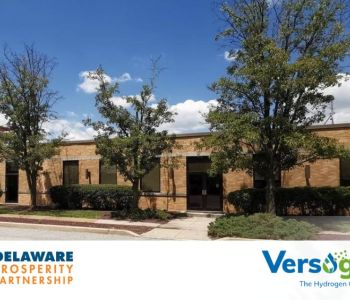
June 28, 2022
Versogen Chooses Delaware for Expansion
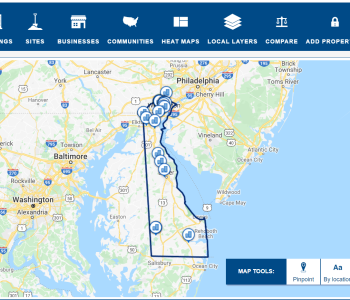
June 17, 2022
Zoom Prospector Site Location Tool
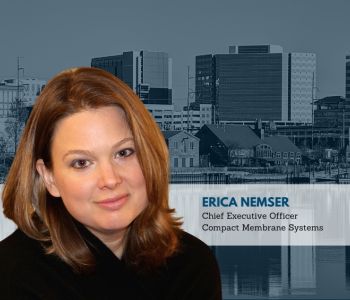
June 14, 2022
Nemser Team Tackles Carbon-Capture in Plants
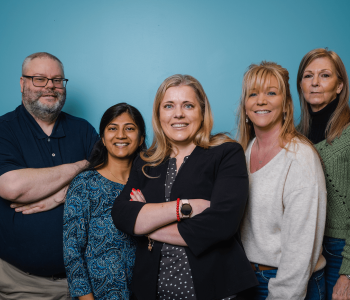
June 8, 2022
Aqua Science Making a Global Splash
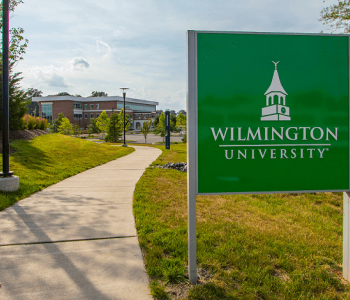
June 8, 2022
WilmU Leading in Cybersecurity

May 27, 2022
12 Ventures Sharing $170K in Startup302 Funds

May 26, 2022
Health Care Provider Loan Repayment Program
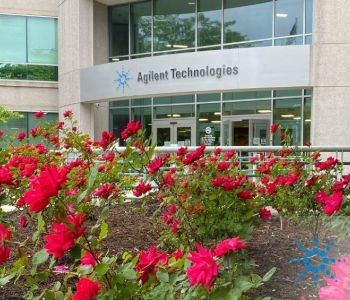
May 24, 2022
Agilent Technologies Expands in Delaware

May 19, 2022
Delaware Has One of Lowest Tax Burdens in US
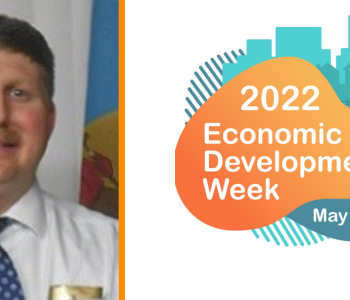
May 13, 2022
ED Week 2022: Meet Smyrna’s Jeremy Rothwell
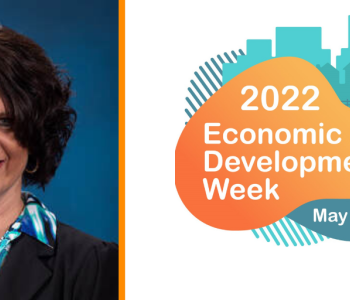
May 12, 2022
ED Week 2022: Meet Seaford’s Trisha Newcomer
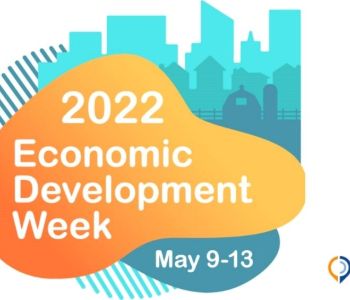
May 9, 2022
Delaware Economic Development Week 2022























